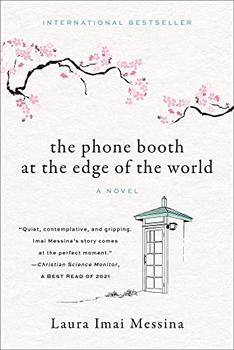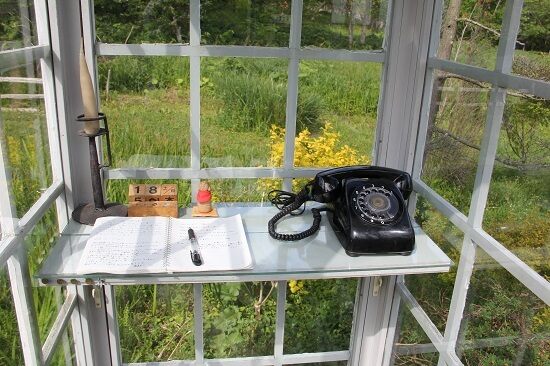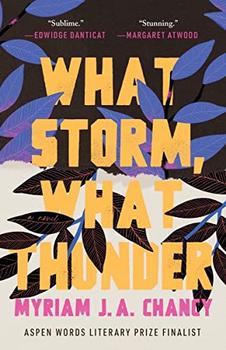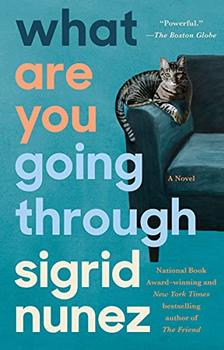Summary | Excerpt | Reading Guide | Reviews | Beyond the book | Read-Alikes | Genres & Themes | Author Bio

A Novel
by Laura Imai MessinaThe international bestselling novel sold in 21 countries, about grief, mourning, and the joy of survival, inspired by a real phone booth in Japan with its disconnected "wind" phone, a place of pilgrimage and solace since the 2011 tsunami.
When Yui loses both her mother and her daughter in the tsunami, she begins to mark the passage of time from that date onward: Everything is relative to March 11, 2011, the day the tsunami tore Japan apart, and when grief took hold of her life. Yui struggles to continue on, alone with her pain.
Then, one day she hears about a man who has an old disused telephone booth in his garden. There, those who have lost loved ones find the strength to speak to them and begin to come to terms with their grief. As news of the phone booth spreads, people travel to it from miles around.
Soon Yui makes her own pilgrimage to the phone booth, too. But once there she cannot bring herself to speak into the receiver. Instead she finds Takeshi, a bereaved husband whose own daughter has stopped talking in the wake of her mother's death.
Simultaneously heartbreaking and heartwarming, The Phone Booth at the Edge of the World is the signpost pointing to the healing that can come after.
This book is beautifully written! It's easy for the reader to become immersed in the deep feelings and concerns of the many who made the journey to the phone booth (Susanna K). From the beginning I was touched by Laura Imai Messina's poetic manner of writing. She developed her characters in a delightful and loving way. I cared about each one and wanted the best for them. Yui's story is developed in many dimensions: physically, emotionally and spiritually (Mary Anne R). I was moved to tears on more than one occasion. I needed the reminder that after the storm, after the wind, after the loss, there is still room for love, room for hope (Ed R)...continued
Full Review
 (632 words)
(632 words)
(Reviewed by First Impressions Reviewers).
 In The Phone Booth at the Edge of the World, author Laura Imai Messina crafts a fictional story around a real-life place of public mourning, a phone booth, in the Japanese town of Otsuchi, located about three hours inland in northeastern Japan. A man named Itaru Sasaki built the glass booth with a rotary phone inside after the death of a cousin in 2010. He imagined he could use the phone to call his cousin and it became a means of coping with his grief. Not long after Sasaki's personal loss, tragedy struck on a grander scale when a massive earthquake and tsunami hit Japan's northeast coast on March 11, 2011, killing over 15,000 people. In the aftermath, Sasaki opened his phone booth to the public as a place of grieving. It's estimated that ...
In The Phone Booth at the Edge of the World, author Laura Imai Messina crafts a fictional story around a real-life place of public mourning, a phone booth, in the Japanese town of Otsuchi, located about three hours inland in northeastern Japan. A man named Itaru Sasaki built the glass booth with a rotary phone inside after the death of a cousin in 2010. He imagined he could use the phone to call his cousin and it became a means of coping with his grief. Not long after Sasaki's personal loss, tragedy struck on a grander scale when a massive earthquake and tsunami hit Japan's northeast coast on March 11, 2011, killing over 15,000 people. In the aftermath, Sasaki opened his phone booth to the public as a place of grieving. It's estimated that ...

If you liked The Phone Booth at the Edge of the World, try these:

by Myriam J. A. Chancy
Published 2022
The earth had buckled and, in that movement, all that was not in its place fell upon the earth's children, upon the blameless as well as the guilty, without discrimination.

by Sigrid Nunez
Published 2021
The New York Times-bestselling, National Book Award-winning author of The Friend brings her singular voice to a story about the meaning of life and death, and the value of companionship.